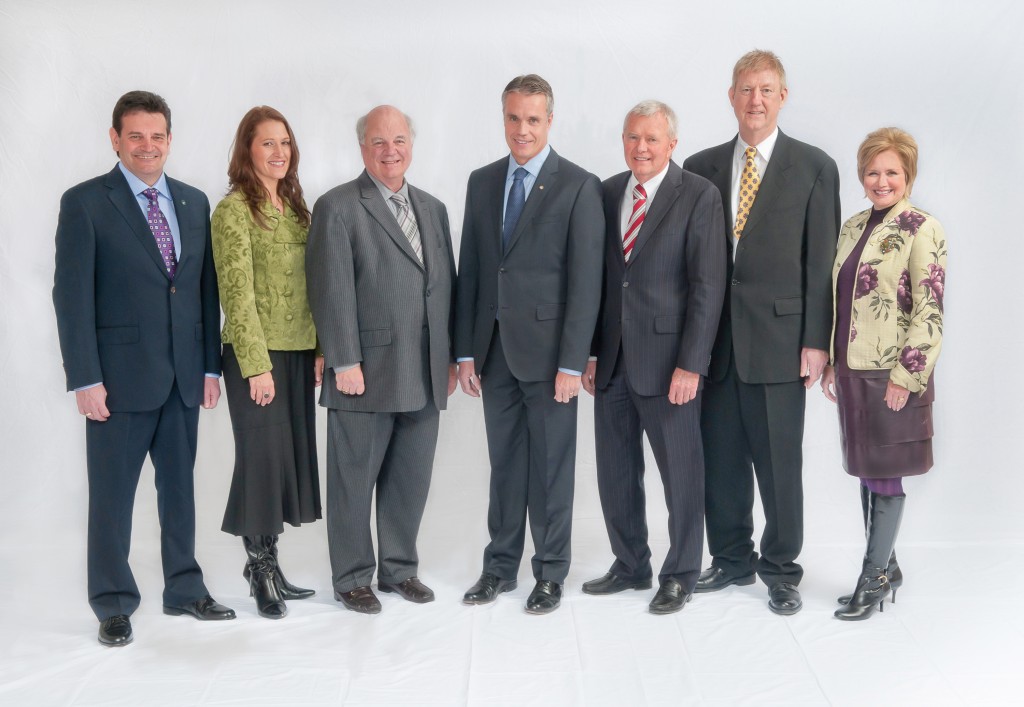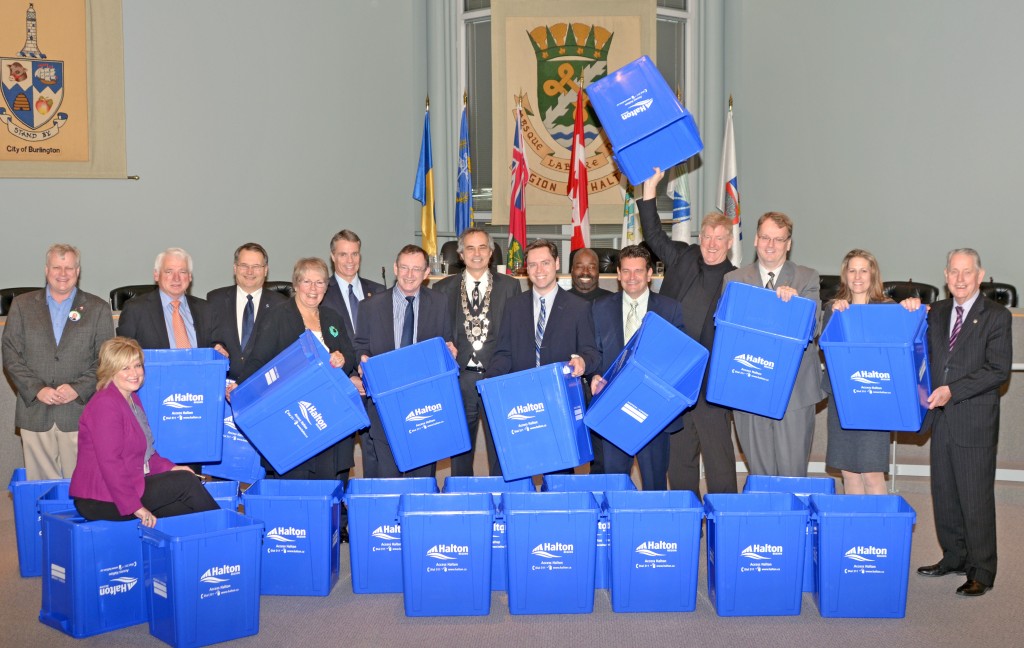 By Staff
By Staff
May 29, 2015
BURLINGTON, ON
The next municipal election is not until 2018 and for Burlington it might be a lot different than the one you took part in last October.
Ontario is taking steps towards giving municipalities the option of using ranked ballots in future municipal elections. Burlington’s current Mayor is on record as wanting a ranked ballot election. Had we had ranking in 2014 it would not have made any difference except for ward six where there would have been a run off. What will make a difference in 2018 is the 2016 census data.

Will these seven people all be gainfully employed come 2018?
The province is reviewing the 1996 Municipal Elections Act, to explore how ranked ballots could be implemented by municipalities across the province. Ranked ballots allow a voter to rank candidates in order of preference instead of voting for a single candidate. The option to use ranked ballots would give municipalities an alternative to the current municipal voting system.
The review will also assess whether the rules about electing municipal leaders are clear and simple and whether the Act reflects how modern campaigns and elections should be run. To that end, the review will evaluate the current effectiveness of rules about campaign financing, third party advertising, enforcement and accessibility in municipal elections.
A working group made up of municipal clerks, municipal representatives and ranked ballot advocates will provide the government with advice on how to make ranked ballots work best in Ontario.
Dave Meslin, who runs an organization called Unlock Democracy thinks this is “”truly an historic moment for Ontario. Ranked ballots make local elections more fair, diverse, inclusive and friendly. I applaud the Province’s efforts to give municipalities the option of using ranked ballots.” Time will tell.
The province will probably go for some form of ranked balloting – it fits with the way Ontario Premier Kathleen Wynne interprets the democratic process.
2016 census data will mean changes in Regional representation
Burlington’s ranks could change.
What is looking the Region of Halton right in the eye is how representation will be determined at that level. Each of the four municipalities, Burlington, Oakville, Milton and Halton Hills has representation on the Regional Council. Burlington and Oakville each have seven members. In Burlington every city council member is also a member of Regional Council – this dual role is reflected in the pay cheque they get.

Seven of these faces are from Burlington serving as Regional Councillors. How many seat at the Regional Council table will we have in 2018?
In Oakville there are members of Council who do not sit on the Regional Council.
Milton has three members on the Regional Council; that will change once the 2016 census data is in. Growth in Milton has been massive and they will be entitled to greater representation.
If Milton gets more – who gets less? Or is the solution to create a larger Regional Council?
If Burlington gets fewer seats at the Region who doesn’t get to be a member of the Regional Council. Would fewer seats at the Region mean a re-drawing of the ward boundaries and the creation of elected officials who serve at the Region and on Council and some that are just city council members?.
Is the answer to create a large council for Burlington? The current Mayor likes the size of the Council we have.
Big issues that will begin to get some attention as we ease into 2016.




















In the 2014 municipal election, all the candidates for council except ward 6 received more than 50% of the votes. In ward 6, Blair Lancaster received just under 30% of the vote which would have triggered a run off under a ranked ballot system. There would have been a good chance for one of the other 9 candidates to have passed the magic 50% of the votes. Not like you stated that: “it would not have made any difference”. It was obvious that there was a lot of dissatisfaction with the incumbent in ward 6, more than 70% of the residents who voted, voted for change.
Editor’s note: We stand corrected – we should have known that -we sponsored the debate in ward six.